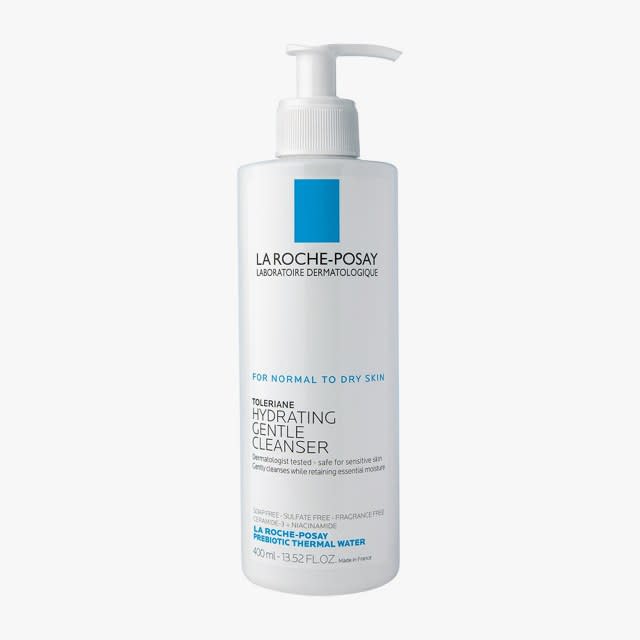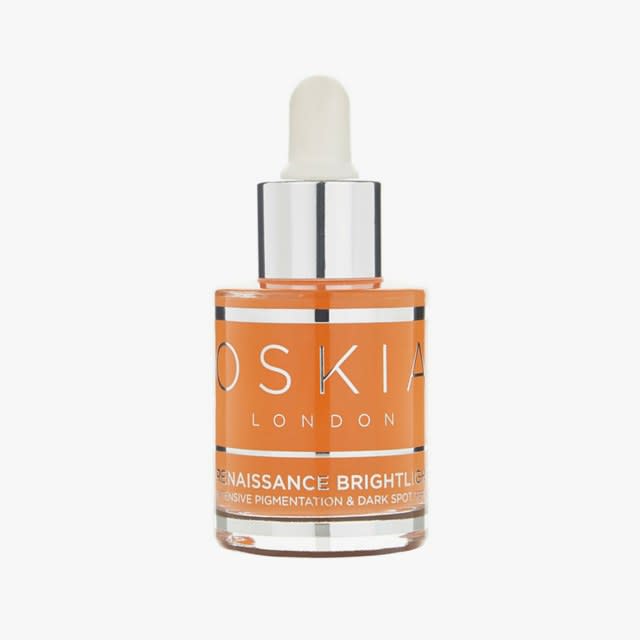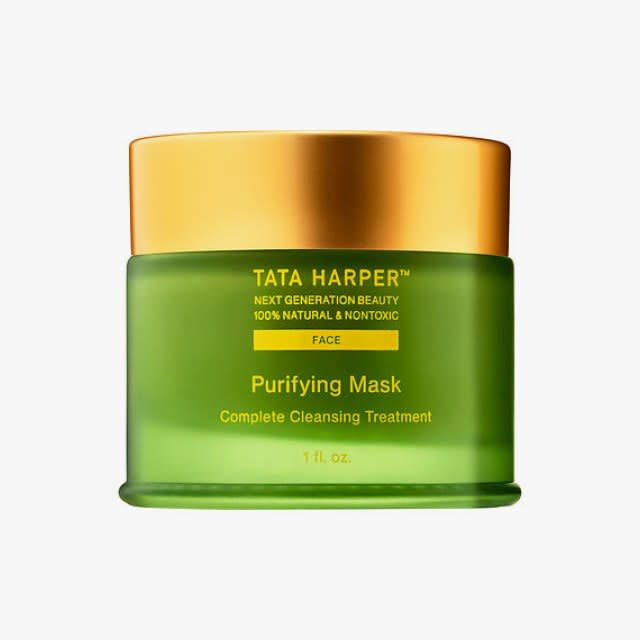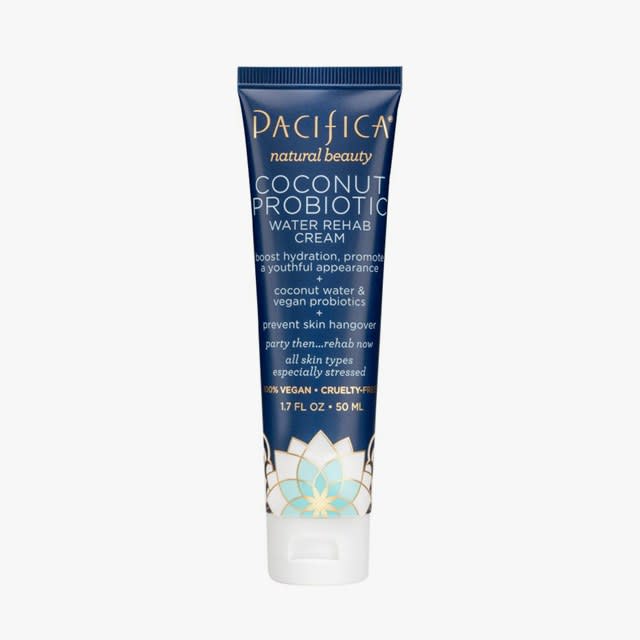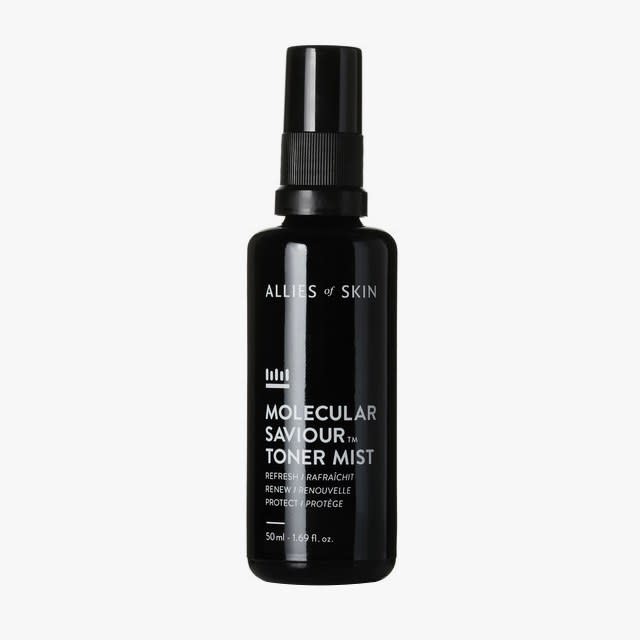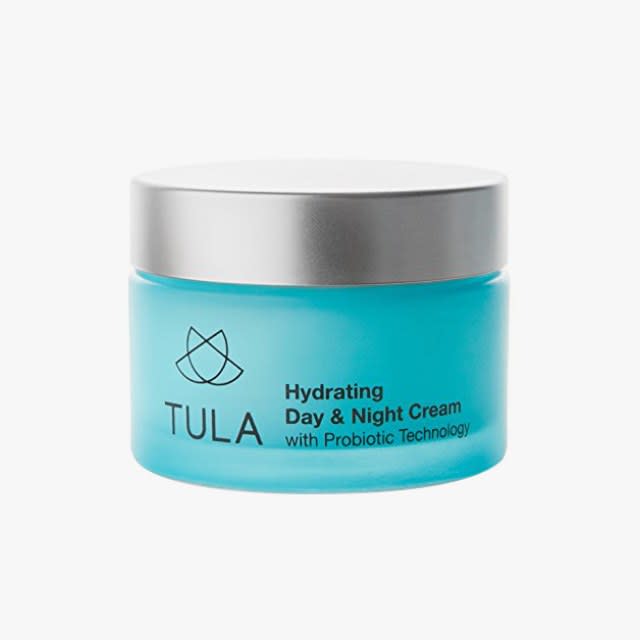Probiotic Skin Care Is Actually Worth It, According to Experts—and Here's Why
Thanks to the probiotic trend that’s emerged over the past few years—and miracle tonic kombucha serving as its fizzy fuel—fraternizing with the bacteria that lives in our microbiome (yes, all 100 trillion of them) has become relatively normal. So much so, in fact, that it’s inspiring health-minded individuals to infuse not only their diets but also their skin care with more "good" bacteria.
“For skin, probiotics work in a similar way as they do for the digestive system,” explains New York dermatologist Dr. Francesca Fusco. "They help it [to] remain in a balanced state." Surface-level, this translates to a complexion that’s not too dry nor too oily, and skin that can effectively repel the environmental conditions that cause inflammation. In other words, if you want a flawless glow, nurturing your skin flora is the place to start. From maintaining a healthy bacterial balance in the skin to treating flare-ups and breakouts of all sizes, here experts weigh in on why a probiotic-laced skin-care regimen actually works.
The Balancing Act
According to Dr. Whitney Bowe, probiotics benefit the skin in three key ways. First, they act as a protective shield by preventing bad microorganisms from provoking an immune reaction. "This creates a more calming environment for the skin," she says. Second, they produce natural antibiotics called antimicrobial peptides that combat bad bacteria. And lastly, they boost the skin's functionality in dealing with external damaging factors including free radicals, sun, and pollution. "All of these benefits help to reduce inflammation," she says. "This helps reduce flare-ups and preventing premature aging."
Prebiotics, which are a food source for the bacteria, are also beneficial to recalibrating the skin microbiome. "Probiotics are the good guys and prebiotics contain what the good guys consume to make sure they thrive and proliferate," says Bowe. "Prebiotics also promote a more diverse array of bacteria, and diversity is key to healthy skin."
The Fortifying Factor
Probiotic moisturizers and treatments can aid all skin types, but are especially beneficial to those with chronic inflammation. "For those with acne, or skin conditions like rosacea and eczema, [probiotics] can yield calmer skin and better control over breakouts," explains Fusco. A recent study also found that because living microorganisms on the skin are recognized as foreign by the body's immune system, it naturally springs into action against the potential threat, resulting in less inflammation, redness, and bumps as it amps up its defensive response.
The Gentle Approach
Too often, face washes veer harsh and strip the skin of its natural oils, leaving it looking and feeling drier than ever before. This is especially problematic in the winter, when skin craves moisture the most. A probiotic or prebiotic cleanser, like La Roche-Posay's prebiotic thermal water–infused Hydrating Gentle Cleanser, will help fortify the skin's beneficial microflora, and thus, keep its natural invisible barrier healthy, says Bowe. Less is more skincare that actually works? Sold.
Why Probiotic Skincare Is (Actually) Worth It, According to Experts
